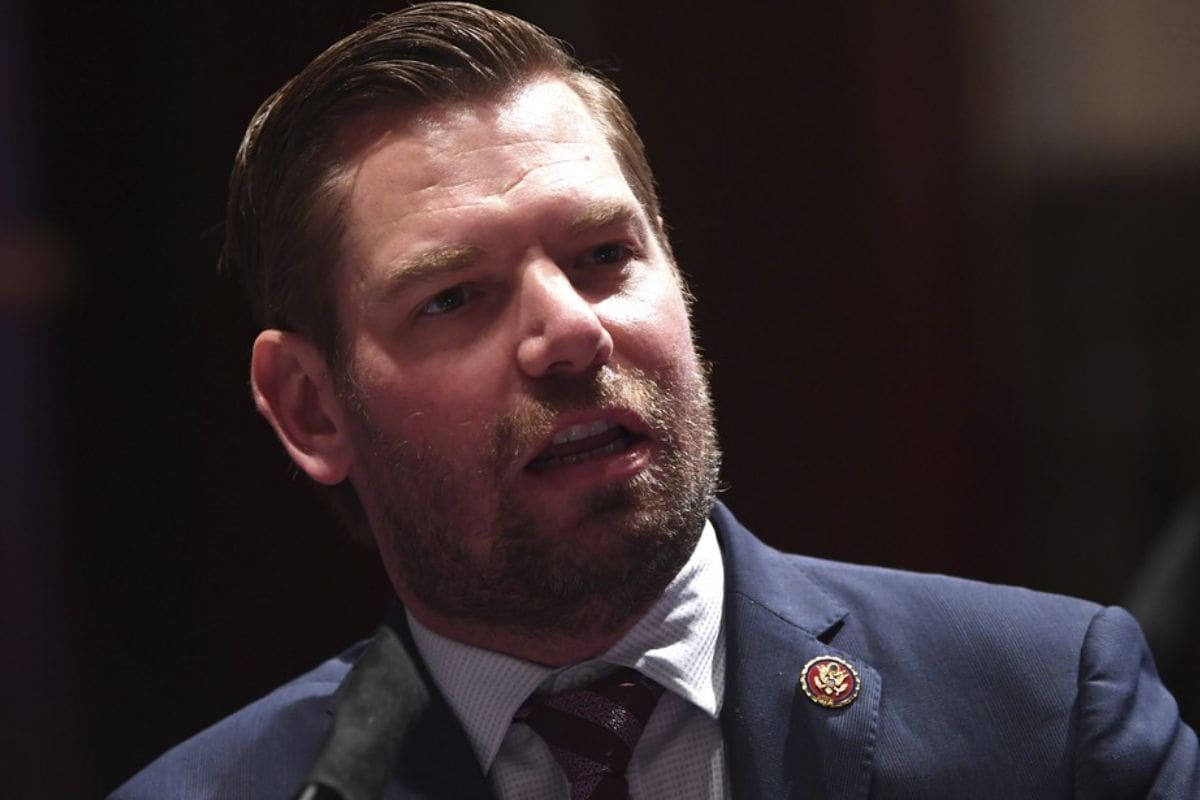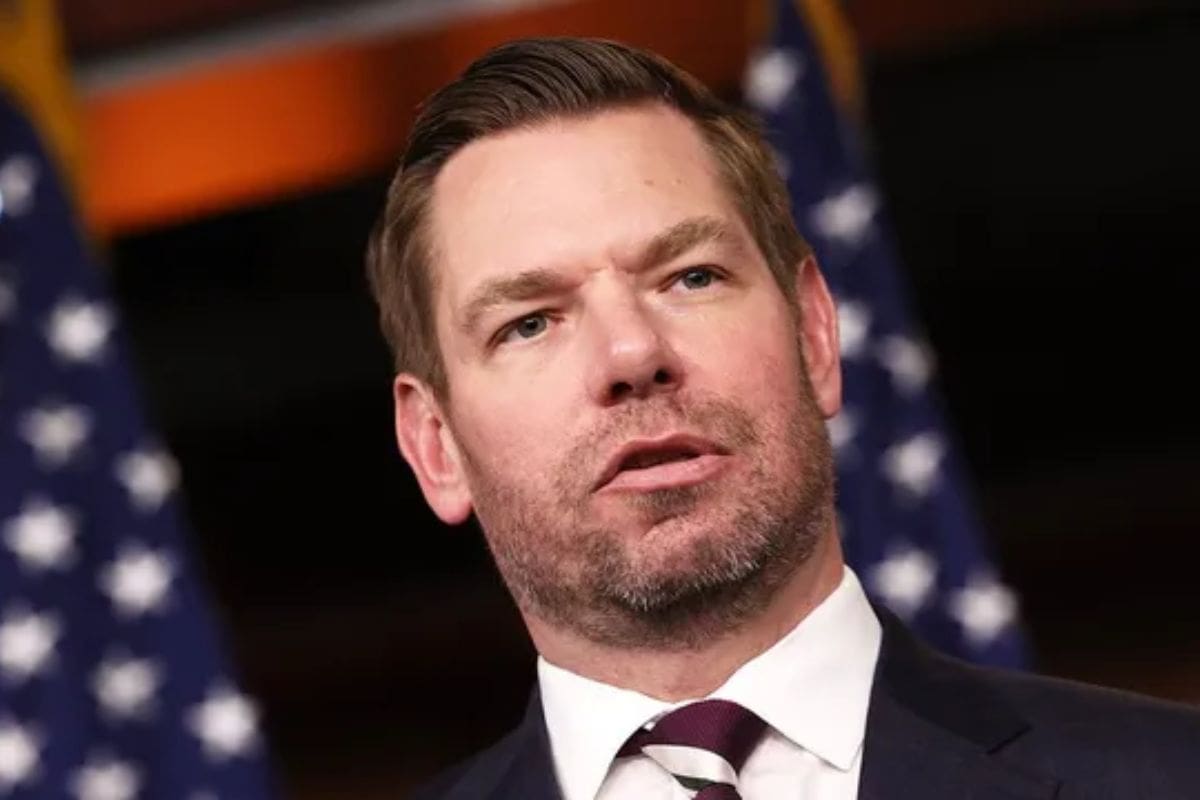California Representative Swalwell Faces: California Representative Swalwell is finding himself under intense scrutiny as details emerge regarding his extravagant Super Bowl campaign spending. Revelations from Federal Election Commission records have shed light on what appears to be a pattern of lavish expenditures extending beyond this high-profile event.
The implications of such actions not only raise concerns about financial stewardship within political campaigns but also spark discussions surrounding accountability and ethical considerations in the realm of campaign finance. As the public digests these developments, questions linger about the potential impact on Swalwell’s political standing and the broader implications for transparency in political fundraising.
Super Bowl Extravaganza: Swalwell’s Campaign Spending Raises Eyebrows
Amid growing concerns over campaign finance practices, the spotlight turns to California Democrat Rep. Eric Swalwell’s controversial allocation of nearly $22,000 toward Super Bowl tickets and associated expenses. The propriety of such expenditures has raised eyebrows, with Federal Election Commission (FEC) records revealing a significant sum directed from Swalwell’s campaign funds towards luxury entertainment. Questions surrounding the ethical use of campaign contributions for indulgent events like the Super Bowl have come to the forefront, prompting scrutiny and debate.
This allocation of funds towards Super Bowl tickets and related expenses has sparked a broader conversation about the transparency and accountability of campaign spending. Critics argue that such extravagant outlays may not align with the intended purpose of campaign funds, which is typically to support political activities and engage with constituents. As Swalwell faces backlash over these revelations, the public is left to ponder the implications of using campaign resources for high-end entertainment rather than traditional campaign efforts.

Glitter of the Gridiron: FEC Records Unveil Swalwell’s Super Bowl Splurge
FEC records have uncovered the extent of California Democrat Rep. Eric Swalwell’s campaign expenditure on Super Bowl tickets, shedding light on a controversial financial allocation that has captured public attention.
The revelation of a $22,000 transaction for Super Bowl tickets from the Forty Niners Football Company, LLC, has sparked scrutiny. Additional expenses, such as reimbursements to a 49ers co-owner and spending at Allegiant Stadium, further fuel the ongoing investigation into Swalwell’s campaign finances.
The extravagant Super Bowl splurge has raised eyebrows and intensified the spotlight on Swalwell’s financial decisions. To provide a comprehensive understanding of the situation, here are some key points to consider:
- The $22,000 transaction for Super Bowl tickets has drawn significant attention.
- Reimbursements made to a 49ers co-owner have raised questions about potential conflicts of interest.
- Spending at Allegiant Stadium adds another layer to the controversy surrounding Swalwell’s financial activities.
- The FEC records offer transparency into Swalwell’s campaign spending but also open up avenues for further inquiry.
A Pattern Emerges: Luxury Expenditures Beyond Super Bowl
Swalwell’s campaign spending on Super Bowl tickets has revealed a broader pattern of high expenditures, extending beyond the extravagant sporting event to include opulent travel expenses such as stays at luxurious hotels in international destinations. Reports indicate that Swalwell’s campaign has allocated significant funds for lavish accommodations in upscale hotels during trips abroad, raising concerns about the ethical use of campaign resources. Critics argue that these expenditures blur the lines between political fundraising activities and personal indulgence, particularly given Swalwell’s reported substantial debts.
The emergence of this pattern of luxury spending beyond the Super Bowl highlights a potential trend within Swalwell’s campaign finance stewardship. The scrutiny over these expenses underscores the importance of transparency and accountability in political fundraising practices. With ongoing debates surrounding the appropriateness of such expenditures and their alignment with campaign finance regulations, the need for a closer examination of Swalwell’s financial management practices becomes increasingly apparent.
Accountability and Ethics: Debating Campaign Finance Stewardship
The ongoing discourse surrounding campaign finance stewardship has brought to light critical questions regarding accountability and ethics in the management of elected officials’ fundraising activities. As the controversy over Swalwell’s campaign expenses unfolds, the broader debate the ethical considerations surrounding the utilization of donor funds for lavish spending. This scrutiny has ignited discussions on transparency, integrity, and the responsibilities that come with handling campaign finances. In this context, the standards governing political figures have come under the spotlight, emphasizing the need for clear guidelines to ensure the appropriate and ethical use of funds raised for political campaigns.
Key Points:
- Transparency: The need for elected officials to maintain transparency in their campaign expenditures to build trust with donors and the public.
- Integrity: The importance of upholding ethical standards in managing campaign finances to avoid conflicts of interest and maintain credibility.
- Accountability: The necessity for politicians to be held accountable for their spending decisions and ensure that donor contributions are used responsibly.
- Regulatory Framework: The role of regulations in defining and enforcing guidelines for campaign finance stewardship to prevent misuse of funds and uphold ethical practices.

Also Read: Southern California Edison Settles 2017 Thomas Fire Damages in Historic Dollar 80 Million Agreement
News In Brief
California Representative Eric Swalwell faces heightened scrutiny as revelations from Federal Election Commission records expose his campaign’s allocation of nearly $22,000 for Super Bowl tickets and associated expenses. This controversial spending pattern extends beyond the high-profile event, encompassing opulent travel expenses and luxury accommodations. The propriety of such allocations raises concerns about transparency, accountability, and ethical considerations in campaign finance. Critics argue that these expenditures may deviate from the intended use of campaign funds, sparking broader debates on the ethical use of donor contributions. As Swalwell navigates the fallout, questions linger about the impact on his political standing and the imperative for clearer guidelines in campaign finance stewardship.

